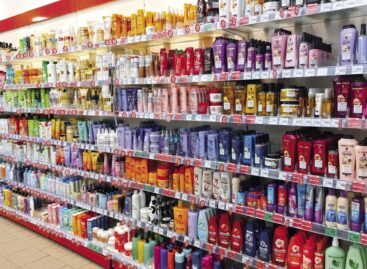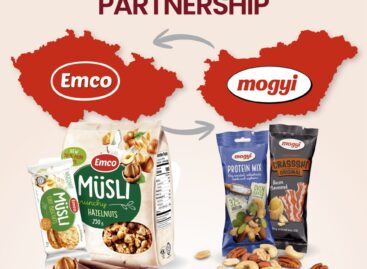Henkel is stepping up its commitment for sustainability and has set further ambitious packaging targets for 2025 to promote a circular economy. By then, 100 percent of Henkel’s packaging will be recyclable or reusable* and the company will reduce fossil-based virgin plastics by 50 percent in its consumer goods packaging. Additionally, Henkel wants to contribute to avoiding plastic waste being disposed in the environment.
Henkel will reduce fossil-based virgin plastic by 50 percent
As a global consumer goods company, Henkel wants to foster a circular economy – meaning that packaging materials remain in economic cycles as long as possible and do not end up in the environment. Henkel has already made many advances in the field of sustainable packaging. For example, the company further increased the share of recycled plastic in its packaging and a number of Henkel’s packaging already consists of 100 percent recycled material. With its new ambitious packaging strategy, Henkel strives to use material from sustainable sources and develop smart designs to close the loop.
“Packaging and plastic have captured the attention of the public, governments, and businesses around the world more than ever – plastic waste ending in the environment is one of the greatest global challenges. The search for solutions is well underway, and our packaging experts are working intensively to deliver on our ambitious targets,” says Sylvie Nicol, Executive Vice President Human Resources at Henkel and Chair of Henkel’s Sustainability Council. “To drive further progress and promote a circular economy, we are working closely together with our partners along the entire value chain.”
New packaging targets for 2025: 100 / 50 / Zero
Henkel’s commitment to sustainable packaging is reinforced by new, even more ambitious targets:
- 100 percent recyclable or reusable*: By 2025, all packaging material will be recyclable or reusable; today the company is already at 85 percent. The main aim is to overcome the recycling hurdles specific to each packaging category – for example, by introducing solutions for multi-layer flexible or black packaging. Henkel is working on these challenges in cross-industry partnerships such as CEFLEX, a consortium of more than 130 companies and organizations aiming to enable flexible packaging to be recycled.
- 50 percent less fossil plastic: Henkel wants to reduce the amount of virgin plastic from fossil sources in the consumer goods businesses Beauty Care and Laundry & Home Care by 50 percent – by reducing the volume of packaging, through increasing the proportion of recycled material in its consumer goods packaging to more than 30 percent globally and by using bio-based plastics.
- Zero waste: Henkel wants to help prevent waste from being disposed into the environment. Therefore, the company is supporting waste collection and recycling initiatives and invests in innovative solutions and technologies to promote closed-loop recycling. Examples are Henkel’s long-term partnership with social enterprise Plastic Bank or the company’s membership in the global Alliance to End Plastic Waste. Additionally, Henkel aims to support its consumers in responsible usage and disposal of its products. Each year, the company wants to reach more than 2 billion consumer contacts by providing targeted information about recycling and correct waste disposal, for example through dedicated icons on the packaging.
More information can be found at www.henkel.com/plastic
Related news
Top 5 sustainability trends in 2026 – a new era may begin
🎧 Hallgasd a cikket: Lejátszás Szünet Folytatás Leállítás Nyelv: Auto…
Read more >Related news
Wizz Air systems will be temporarily down for scheduled maintenance mid-week
🎧 Hallgasd a cikket: Lejátszás Szünet Folytatás Leállítás Nyelv: Auto…
Read more >








